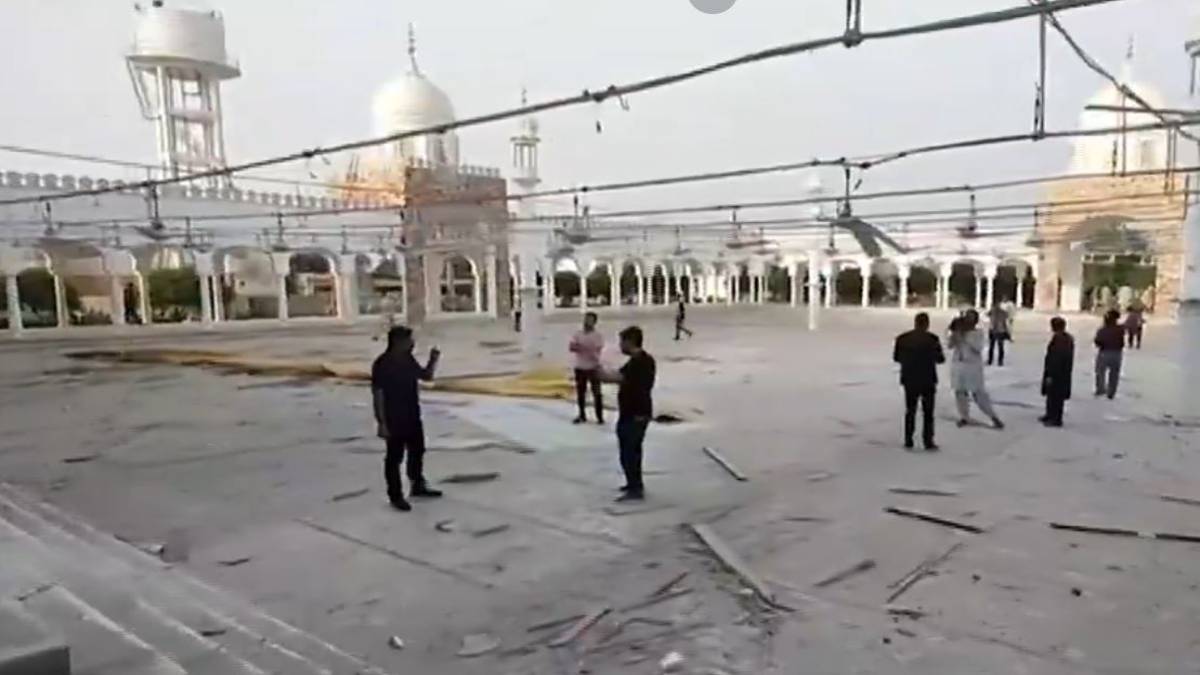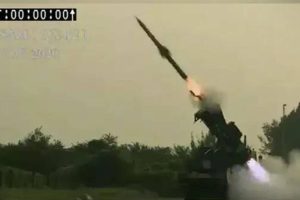In a major blow to Pakistan-based terror networks, the Indian Armed Forces reduced the Jaish-e-Mohammed (JeM) headquarters in Bahawalpur to rubble during precision strikes under Operation Sindoor on Wednesday. The strikes were part of a broader retaliatory offensive targeting nine terror sites in Pakistan and Pakistan-occupied Jammu and Kashmir (PoJK), following the April 22 terror attack in Pahalgam.
The Bahawalpur facility, known as Markaz Subhan Allah, had long served as the ideological and operational nerve centre of JeM. Operational since 2015, it has been directly linked to several major terror attacks, including the 2019 Pulwama bombing. The complex housed senior JeM leadership including chief Maulana Masood Azhar, his de-facto successor Mufti Abdul Rauf Asghar, and other key operatives.
Reuters-released visuals showed the facility completely destroyed. Four buildings, including residences and training centres, were flattened in the pre-dawn operation.
Addressing a press briefing in New Delhi, Foreign Secretary Vikram Misri, Colonel Sofiya Qureshi, and Wing Commander Vyomika Singh confirmed the success of the mission. Colonel Qureshi listed the four targeted sites inside Pakistan—Bahawalpur, Muridke, Sarjal, and Mehmoona Joya—as key terror hubs now neutralized. “The Bahawalpur strike eliminated the JeM headquarters located 100 km inside Pakistani territory,” she noted.
Wing Commander Singh emphasized the strategic intent behind the strikes: “Operation Sindoor was a calibrated response to the Pahalgam terror attack—to deliver justice to the victims and dismantle Pakistan’s decades-old terror ecosystem.” She noted that Pakistan operates 21 terror facilities across its territory and PoJK used for recruitment, indoctrination, and staging attacks against India.
The strikes, executed between 1:05 am and 1:30 am, involved the coordinated deployment of the Indian Army, Navy, and Air Force. Officials stressed that all targets were selected based on precise intelligence and were hit with minimal risk to civilian lives or infrastructure.
India’s bold action marks a turning point in counter-terror operations, signaling a firm policy of zero tolerance toward cross-border terrorism.





